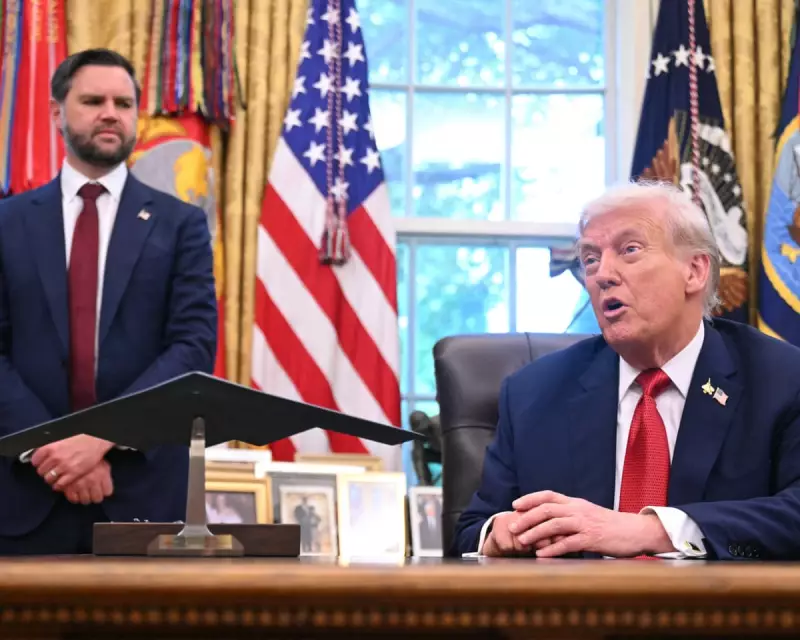
In a move that has sent shockwaves through political and military circles, Donald Trump and his running mate JD Vance are actively preparing to invoke the centuries-old Insurrection Act, granting the president sweeping powers to deploy US troops on American soil.
The 1807 Law Set for Modern Deployment
The Guardian can reveal that Trump's transition team is laying the groundwork to use this rarely-employed legislation, which dates back to Thomas Jefferson's presidency. This would represent one of the most significant expansions of executive power in modern American history.
What the Insurrection Act Actually Permits
The controversial legislation allows the president to:
- Deploy active-duty military personnel for domestic law enforcement
- Federalise National Guard units without state governors' consent
- Suppress "insurrection, domestic violence, unlawful combination, or conspiracy"
Legal experts warn that the act's vague language provides concerning latitude for interpretation, particularly given Trump's previous threats against political opponents.
Vance's Central Role in Controversial Strategy
JD Vance, Trump's vice-presidential pick, has emerged as a key architect of this aggressive approach. The Ohio senator has publicly advocated for using "whatever tools are necessary" to combat civil unrest, positioning himself as the ideological enforcer of Trump's "law and order" agenda.
Multiple sources within Trump's orbit confirm that Vance has been studying historical precedents for military deployment in civilian contexts, suggesting a systematic preparation for potential confrontations.
Military Leadership Expresses Reservations
Senior Pentagon officials have privately voiced deep concerns about politicising the military. One retired general told The Guardian: "Using active-duty troops for police work blurs constitutional lines that have protected American democracy for generations."
The potential deployment raises troubling questions about the Posse Comitatus Act, which generally prohibits military involvement in domestic law enforcement—precisely the restriction the Insurrection Act would circumvent.
A Chilling Precedent for Political Dissent
Civil liberties organisations are sounding alarms about the implications for protest and political opposition. The ACLU has warned that such powers could be used to quell legitimate dissent under the guise of maintaining order.
Historical context provides little comfort: the act was last invoked extensively during the civil rights era and the 1992 Los Angeles riots, moments of genuine national crisis rather than political strategy.
As America approaches the 2024 election, the spectre of military power being wielded as a political tool represents what many constitutional scholars are calling a fundamental test of democratic norms.





